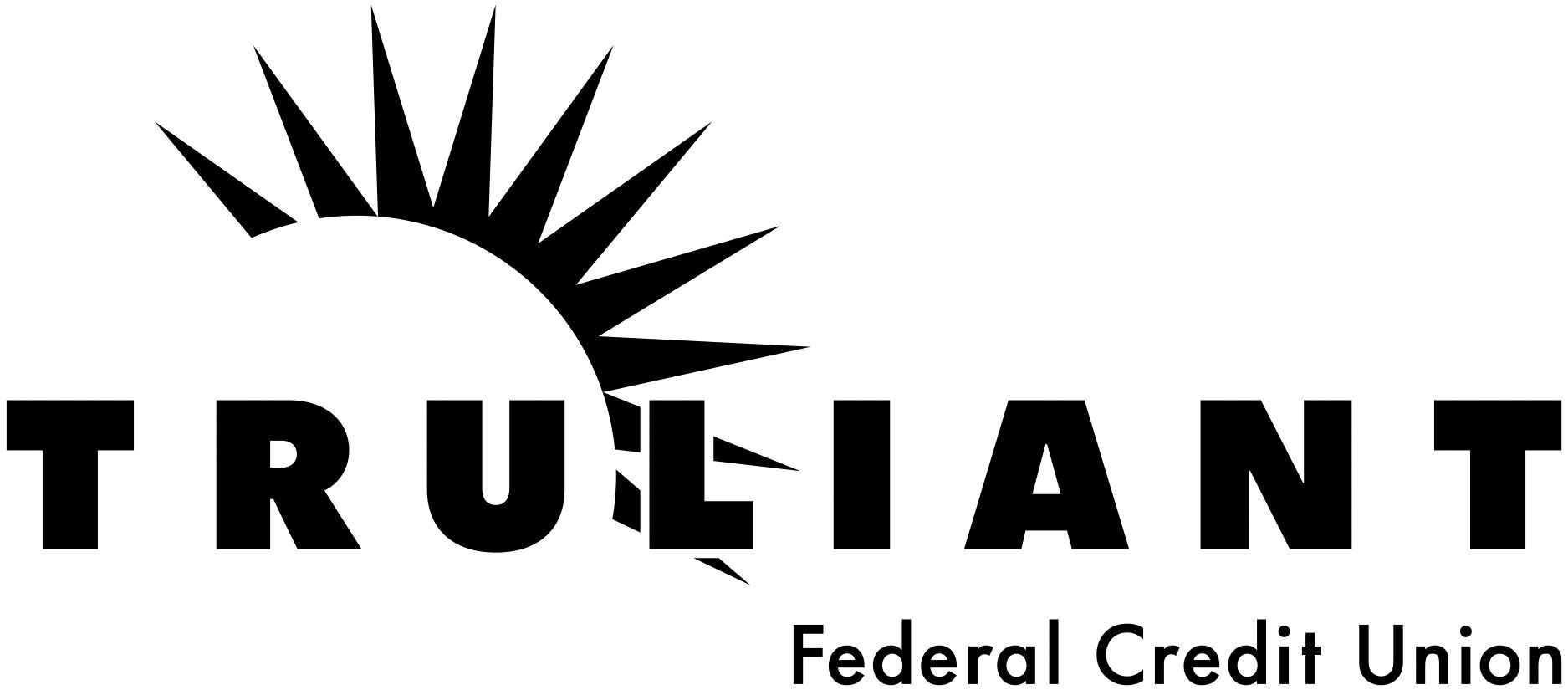In many cases, we have advance warning that economic times are about to take a turn for the worse. As Investopedia explains, the U.S. economy is characterized by business cycles, one of which is a recession. Most times, there are leading economic indicators that give a hint of possible trouble on the horizon.
While you often do not have any control over the impact that tough economic times will have on you, there are steps that you can take to better prepare yourself. Here are five things that you can do to get ready for a recession.
Five Steps to Prepare for a Recession
Build an Emergency Fund
Going into debt may be unavoidable for many during a recession. According to a CNBC report, 78% of Americans live from paycheck to paycheck and if there is any disruption, they may be faced with the prospect of having to borrow to get through the tough times. Many people can’t afford a $500 repair without taking on debt or without a severe impact to maintaining monthly bills.
It is vital to have some sort of cushion in place before the recession hits as it may be more difficult to save if your hours are cut back or if your business suffers. If you think that there may be trouble on the horizon, double your efforts to save.
It is vital to have some sort of cushion in place before the recession hits as it may be more difficult to save if your hours are cut back or if your business suffers. If you think that there may be trouble on the horizon, double your efforts to save.
Consolidate or Pay Down Debt
Even if you can get some kind of a deferment of your debt, the interest will still pile up to a point where it makes it even more difficult to pay off. Therefore, it is vital to either cut down on your interest expense or eliminate it by paying the debt.
For some people, depending upon their situation, it may be best to take out a consolidation loan before the trouble actually hits so you can still qualify for a loan. You will still be able to show employment so the lender will see that you can pay back the loan.
For some people, depending upon their situation, it may be best to take out a consolidation loan before the trouble actually hits so you can still qualify for a loan. You will still be able to show employment so the lender will see that you can pay back the loan.
Cut Your Expenses
Paring down unnecessary spending before a recession is critical. The first benefit of this approach is that it will help you save the additional money you need to pad your reserves.
Getting rid of expenses that you do not truly need will help you get to a more manageable base should you suddenly end up making less money. This can include things such as cutting back cable in favor of streaming and ending all unnecessary subscriptions.
The truth is that we have many daily expenses that we do not pay attention to that tend to add up quickly. This can include things such as dining out for lunch instead of bringing your own and that $5 cup of coffee for an afternoon pick me up.
Keep in mind, it is better to cut expenses when you can than when you are forced to by your economic situation.
Getting rid of expenses that you do not truly need will help you get to a more manageable base should you suddenly end up making less money. This can include things such as cutting back cable in favor of streaming and ending all unnecessary subscriptions.
The truth is that we have many daily expenses that we do not pay attention to that tend to add up quickly. This can include things such as dining out for lunch instead of bringing your own and that $5 cup of coffee for an afternoon pick me up.
Keep in mind, it is better to cut expenses when you can than when you are forced to by your economic situation.
Reduce Your Portfolio Risk
If you have assets invested, you may want to rebalance your portfolio in advance of a possible recession. Some investments may fluctuate more than others when the stock market suffers and you might want to consider reducing your holdings in those stocks if tough economic times are predicted.
Of course, it is impossible to fully make your investment portfolio recession-proof, so it’s important to understand that you will likely lose some money in the market turmoil that goes along with a recession.
Trimming your risk does not necessarily mean that you should sell all of your stocks and move completely to cash. Doing that all at once may even be an overreaction because you never know for sure that a recession is hitting. According to Fortune, the stock market does not always get it right when it forecasts a future recession.
Of course, it is impossible to fully make your investment portfolio recession-proof, so it’s important to understand that you will likely lose some money in the market turmoil that goes along with a recession.
Trimming your risk does not necessarily mean that you should sell all of your stocks and move completely to cash. Doing that all at once may even be an overreaction because you never know for sure that a recession is hitting. According to Fortune, the stock market does not always get it right when it forecasts a future recession.
Work on Your Resume
While jobs are not in great supply during a recession, it helps to be as prepared as possible if you do lose your position. One way you can do this is by sharpening up your resume ahead of time so you can be ready to apply for any job that you can in a hurry.
Advance preparation and having a resume ready can relieve some stress if tough times do hit. It also never hurts to have more time to review it and make corrections.
Advance preparation and having a resume ready can relieve some stress if tough times do hit. It also never hurts to have more time to review it and make corrections.
At Truliant, we can help you with your finances in a number of ways from giving you a competitive loan to helping you with financial advice from our licensed professionals, available through LPL Financial.* Contact us today to find out how we can assist you in getting your financials in order.
References:
https://www.investopedia.com/terms/b/businesscycle.asp https://www.monster.com/career-advice/article/recession-job-hunting-tips https://fortune.com/2020/03/13/stock-market-recession-predictors-2020/ https://www.cnbc.com/2019/01/09/shutdown-highlights-that-4-in-5-us-workers-live-paycheck-to-paycheck.html
*Securities and advisory services are offered through LPL Financial (LPL), a registered investment advisor and broker-dealer (member FINRA/SIPC). Insurance products are offered through LPL or its licensed affiliates. Truliant Federal Credit Union and Truliant Financial Advisors are not registered as a broker-dealer or investment advisor. Registered representatives of LPL offer products and services using Truliant Financial Advisors, and may also be employees of Truliant Federal Credit Union. These products and services are being offered through LPL or its affiliates, which are separate entities from, and not affiliates of, Truliant Federal Credit Union or Truliant Financial Advisors. Securities and Insurance offered through LPL or Its affiliates are:
Not Insured by NCUA or Any Other Government Agency | Not Credit Union Guaranteed | Not Credit Union Deposits or Obligations | May Lose Value
Truliant Financial Credit Union (“Financial Institution”) provides referrals to financial professionals of LPL Financial LLC (“LPL”) pursuant to an agreement that allows LPL to pay the Financial Institution for these referrals. This creates an incentive for the Financial Institution to make these referrals, resulting in a conflict of interest. The Financial Institution is not a current client of LPL for brokerage or advisory services. Please visit https://www.lpl.com/disclosures/is-lpl-relationship-disclosure.html for more detailed information.
The LPL Financial registered representative(s) associated with this website may discuss and/or transact business only with residents of the states in which they are properly registered or licensed. No offers may be made or accepted from any resident of any other state.
References:
https://www.investopedia.com/terms/b/businesscycle.asp https://www.monster.com/career-advice/article/recession-job-hunting-tips https://fortune.com/2020/03/13/stock-market-recession-predictors-2020/ https://www.cnbc.com/2019/01/09/shutdown-highlights-that-4-in-5-us-workers-live-paycheck-to-paycheck.html
*Securities and advisory services are offered through LPL Financial (LPL), a registered investment advisor and broker-dealer (member FINRA/SIPC). Insurance products are offered through LPL or its licensed affiliates. Truliant Federal Credit Union and Truliant Financial Advisors are not registered as a broker-dealer or investment advisor. Registered representatives of LPL offer products and services using Truliant Financial Advisors, and may also be employees of Truliant Federal Credit Union. These products and services are being offered through LPL or its affiliates, which are separate entities from, and not affiliates of, Truliant Federal Credit Union or Truliant Financial Advisors. Securities and Insurance offered through LPL or Its affiliates are:
Not Insured by NCUA or Any Other Government Agency | Not Credit Union Guaranteed | Not Credit Union Deposits or Obligations | May Lose Value
Truliant Financial Credit Union (“Financial Institution”) provides referrals to financial professionals of LPL Financial LLC (“LPL”) pursuant to an agreement that allows LPL to pay the Financial Institution for these referrals. This creates an incentive for the Financial Institution to make these referrals, resulting in a conflict of interest. The Financial Institution is not a current client of LPL for brokerage or advisory services. Please visit https://www.lpl.com/disclosures/is-lpl-relationship-disclosure.html for more detailed information.
The LPL Financial registered representative(s) associated with this website may discuss and/or transact business only with residents of the states in which they are properly registered or licensed. No offers may be made or accepted from any resident of any other state.
See What You Can Save with Debt Consolidation
Provision of the calculator on this page is not an offer of credit. Its use in no way guarantees that credit will be granted. This calculator is solely for informational purposes and provides reasonably accurate estimates; the calculations are not intended to be relied upon as actual loan computations.



